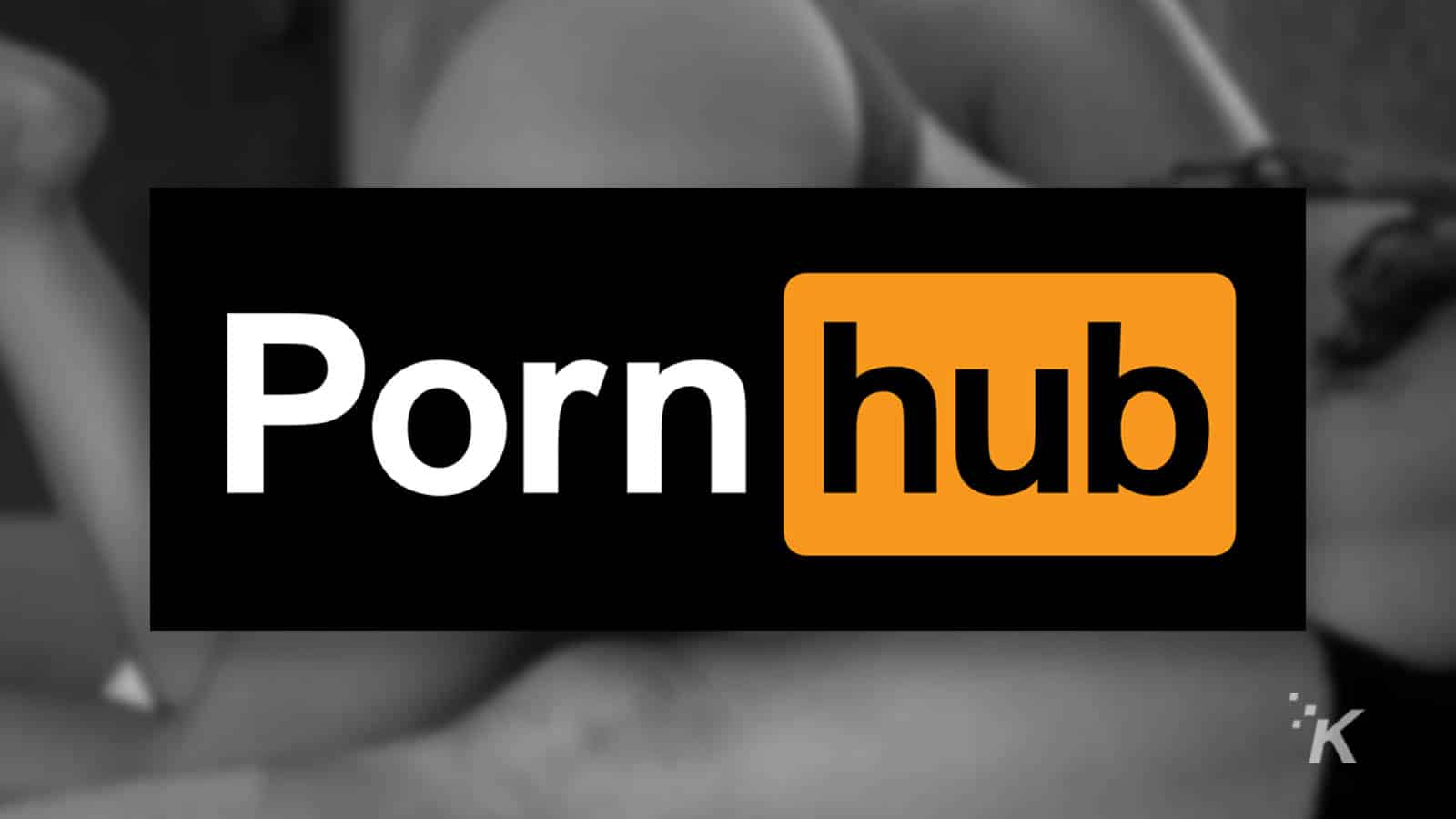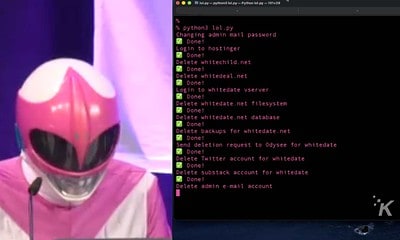News
Florida cracks down on porn sites over child protection law
Florida wants to tighten online safety for minors, especially when it comes to sexually explicit content and social media use.

Just a heads up, if you buy something through our links, we may get a small share of the sale. It’s one of the ways we keep the lights on here. Click here for more.
Florida’s Attorney General James Uthmeier has filed a major lawsuit against several well-known pornography websites, accusing them of violating a new state law designed to protect children from harmful online content.
The law, known as HB 3, was passed in March 2024 and officially took effect in January 2025.
Under HB 3, websites that contain material deemed “harmful to minors” must verify the age of their users and block anyone under 18 from accessing their content.
The lawsuit claims that multiple porn sites, including XVideos, XNXX, BangBros, and Girls Gone Wild, along with the adult ad network Traffic Factory, have failed to follow these rules, allowing minors to access explicit content without proper checks.
“We are taking legal action against these online pornographers who are willfully preying on the innocence of children for their financial gain,” Uthmeier said in a public statement.
The lawsuit is part of Florida’s broader push to tighten online safety for minors, especially when it comes to sexually explicit content and social media use.
Although this legal action is focused on pornography platforms, HB 3 also includes restrictions on social media aimed at preventing teens from being exposed to harmful content and addictive platform features.
Earlier this year, tech industry groups like NetChoice and the Computer and Communications Industry Association challenged the law, arguing it oversteps legal boundaries and could harm users’ rights.
In June, a judge temporarily blocked parts of HB 3 after these groups sought an injunction. (Via: Engadget)
However, Uthmeier is fighting that ruling and has appealed the case to a higher federal court, the Eleventh Circuit.
The outcome of both the lawsuit and the appeal could shape how online platforms handle age verification in the future, not just in Florida but across the US, as other states watch closely.
For now, the Florida government is making it clear: it wants tougher online protections for minors, especially when it comes to explicit material.
Do you think Florida’s strict age verification requirements for adult websites are a necessary step to protect children online? Or could these laws create privacy concerns and set a problematic precedent for internet regulation? Tell us below in the comments, or reach us via our Twitter or Facebook.
























